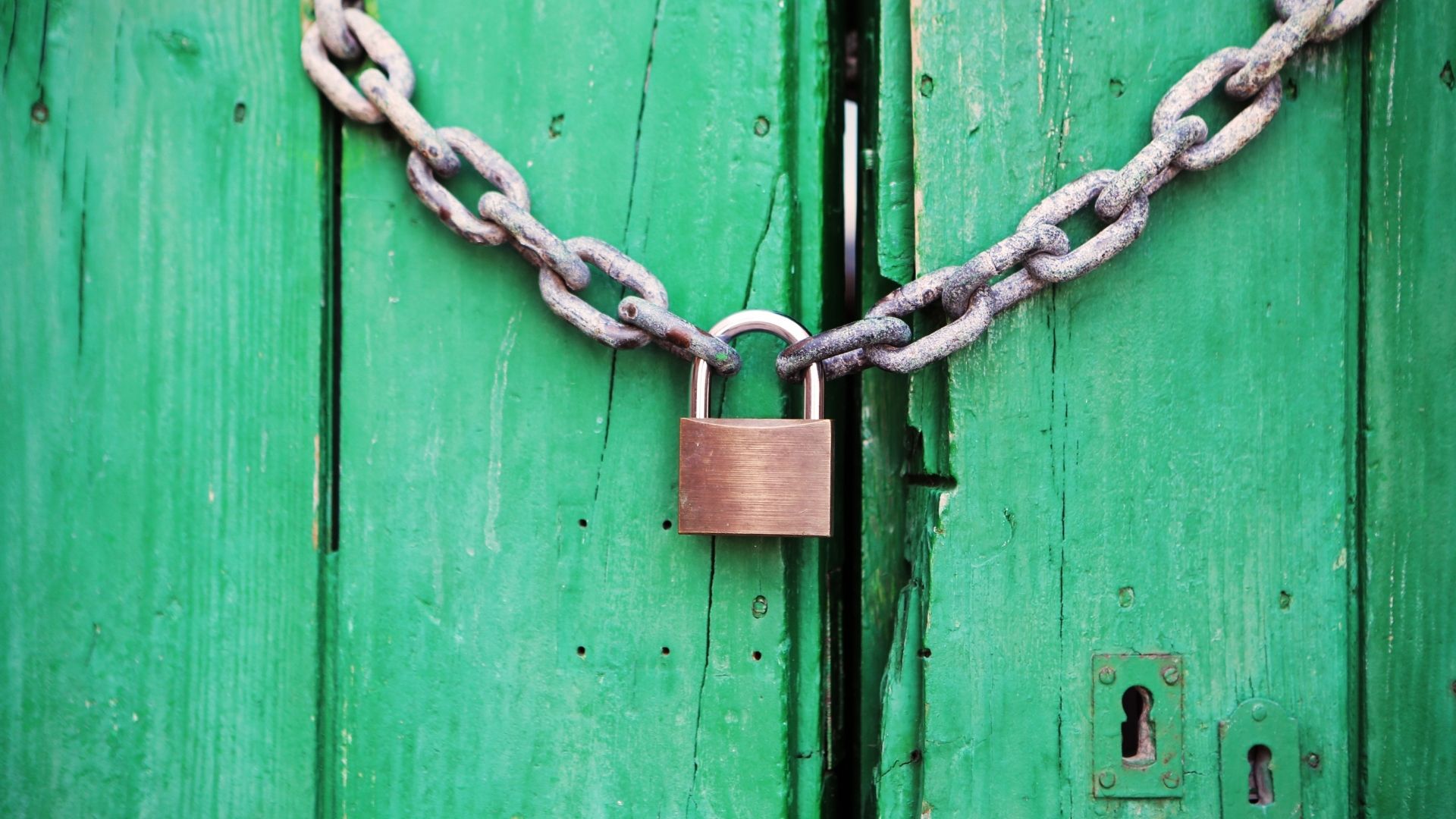The prominent long-time conservative writer Andrew Sullivan defined conservatism very simply as the firm and unyielding belief that we have the right, if not obligation, to protect what we have. It is a perfectly reasonable expectation and belief system. What, after all, comes more naturally to any of us (from statesman to business person, to sibling) than the impulse to protect and preserve what we have at almost any cost.
The word “mine” seems programmed into our DNA. Protecting what we have is the guiding impulse for every empire, tribe, family, or screaming toddler. And, for many of us, throughout our lives, it stands as the framing philosophy for every action and decision. Nothing, I want to emphasize, comes more naturally or easily. And no force in human history would dare confront such an ingrained and manifested belief system.
Except one did.
The impulse to protect what we have is threatened by one equally relentless adversary, one hidden in plain sight, one that promises release from fear and suspicion, one that holds the key to trust, restoration for societies and individuals, and even the environment. One that promises wholeness, healing, peace, and forgiveness beyond our comprehension.
That sworn enemy of “protecting what we have” is, of course, Christianity.
Notedly, Christianity has been woven into war, conquest, and slavery for so long that it is easy to presume that it too affirms if not justifies violence and oppression. But nothing could be more alien to the “good news”: the gospel of lifting up the poor and casting out the rich (Luke 1:52), the call to cast our bread on the waters, to give what we have to the poorest, expect no reward, think of others (even strangers) first, and not build bigger barns (Luke 12:16-21) but to build better and more welcoming tables.
And, when someone does take something, give them more (Matthew 5:38-41).
Protecting what we have presumes that we, as individuals, communities, and nations, have every “right” to protect what we have. And we are willing, even eager, to violate every Commandment or pretense of human decency, from murder to hoarding to squandering, instead of abiding by the simple and liberating (if not healing) act of sharing.
The irony is that no matter how much we spend, or how hard we fight to keep “what is ours,” we will not “keep” it for very long. Anything we have in our hands is only there for a short time, and the “best use” of almost anything is to share it.
We will literally take nothing with us. And that, at its core is a primary message of Christianity: everything we have is the means and cause for sharing and celebration.
It is such a radical notion that few, even most who call themselves “Christian” dare to believe it. “God will provide” is a placard in many “Christian” homes, but who among us would really believe it? Who among us would dare to live, even one day a week, as if that were true? Who would base a business or a national policy on such a principle? Only a fool, most of us would answer.
Or a prophet.
READ: Can Theology Be an Idol?
Or one so in love with God that they trusted their own Creator to care for them – as was promised over and over in the scriptures.
We are called to be “hilarious” givers (2 Corinthians 9:1-15), to share our last penny (Mark 12:41–44, Luke 21:1–4), and even to eat what others would never know about (John 4:32). And let the right hand give without letting the left hand know (Matthew 6:3).
It is no wonder that so few would follow such a belief that unravels what we believe as such a core belief.
But you’d think some would.
The scriptures plainly tell us that a sign of the kingdom is this unaccountable, unjustified generosity and compassion. It is God’s kindness—or winsomeness—(Romans 2:4) that draws us to the kingdom. It is not the use of force, threats, or even accumulated wealth. The Gospel, it could be argued, is the release from greed and covetousness, the proclamation that the kingdom is shared, lived out, and never finished. Grace, mercy, compassion, humility and every other entry from the vocabulary of faith is unmeasurable. They are poured out like the rain (Matthew 5:45) on those who “deserve” it and those who, by human standards at least, never will.
I’m not terribly interested in protecting what I have, but I am interested in sharing what I have. And I’d love to live among those who felt the same way.
That would truly be a kingdom worth protecting.

